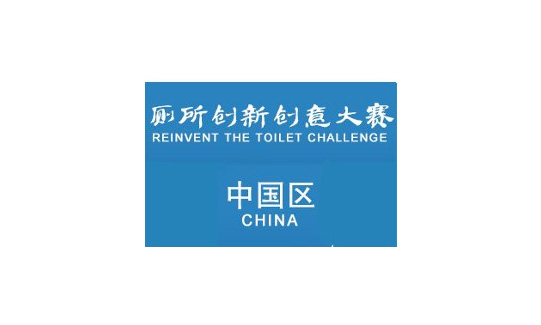On the initiative of the Bill and Melinda Gates foundation and in cooperation with President Xi’s Chinese government which announced the toilet revolution in 2015, an exhibition was organized in Beijing in November 2018. This exhibition was also the opportunity to present the adoption of the ISO 305001 Standard on ‘on-site sanitation such as those designed by WeCo. This exhibition presented the new technologies of sanitation systems for toilets outside so-called autonomous networks or non-collective sanitation, sustainable or ecological, and above all, innovative, thus excluding dry toilets which are not considered as sufficiently ensuring the destruction of bacteria and the spread of diseases including diarrhea which kills thousands of children each year, in addition to the problems of acceptance of use, knowing that dry toilets only seem suitable for rural areas of emerging countries.


